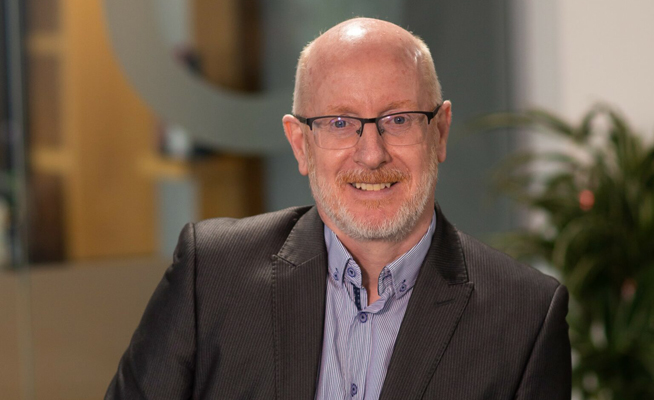Vidrala has announced to have received its Net Zero target validation from the Science Based Targets initiative (SBTi), positioning it as one of the first glass container manufacturers in the world to receive this validation.
Vidrala has a target to reach Net Zero across the value chain by 2045. The company already has a SBTi’s Near-Term Target to reduce Scope 1 and 2 GHG emissions by 47 percent and Scope 3 emissions by 28 percent by 2030 from a 2019 base year.
Vidrala’s new Net Zero target means that they must reduce absolute Scope 1, 2 & 3 GHG emissions by 90 percent by 2045 from the 2019 base year.
Vidrala’s targets were signed off by SBTi in early summer 2023. It is hoped that the following action required to support the realisation of these goals will allow Vidrala to become the most sustainable glass business in the world by 2030.
Vidrala’s journey throughout the next decade will include creating some of the world’s most sustainable glass furnaces, making ground-breaking investments in low-carbon logistics, working with cutting-edge suppliers, and ultimately creating the first zero-emission glass bottle.
Director of Sustainability at Vidrala, Fiacre O’Donnell, commented on the news, “We all realise the urgency of action especially as we get dangerously close to the 1.5degree Celsius limit. We must strive to meet the deep cuts required by 2030 and Net Zero no later than 2050. We are delighted to be guided by the Science Based Targets initiative, the globally recognised, externally verified gold standard in measuring corporate climate action and we’re delighted that our ambitious goals have now been approved.”
Vidrala’s new targets closely follow a range of ground-breaking environmental activity at its plants throughout Europe. These include the 2021 project with Glass Futures which pioneered the development of the world’s most sustainable glass container using biofuel, and the recent creation of a district heating network around its facility in Corsico, Milan. The latter scheme is now improving air quality in the area and reducing the amount of CO2 being released into the atmosphere by approximately 3,000 tonnes a year. This is all while providing a sustainable supply of energy for the local populace.






